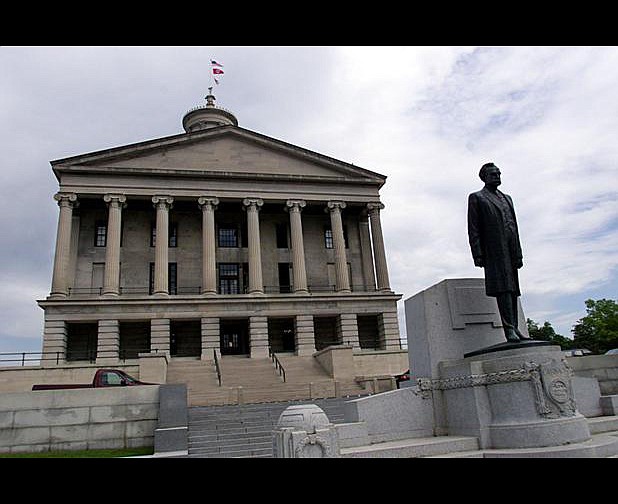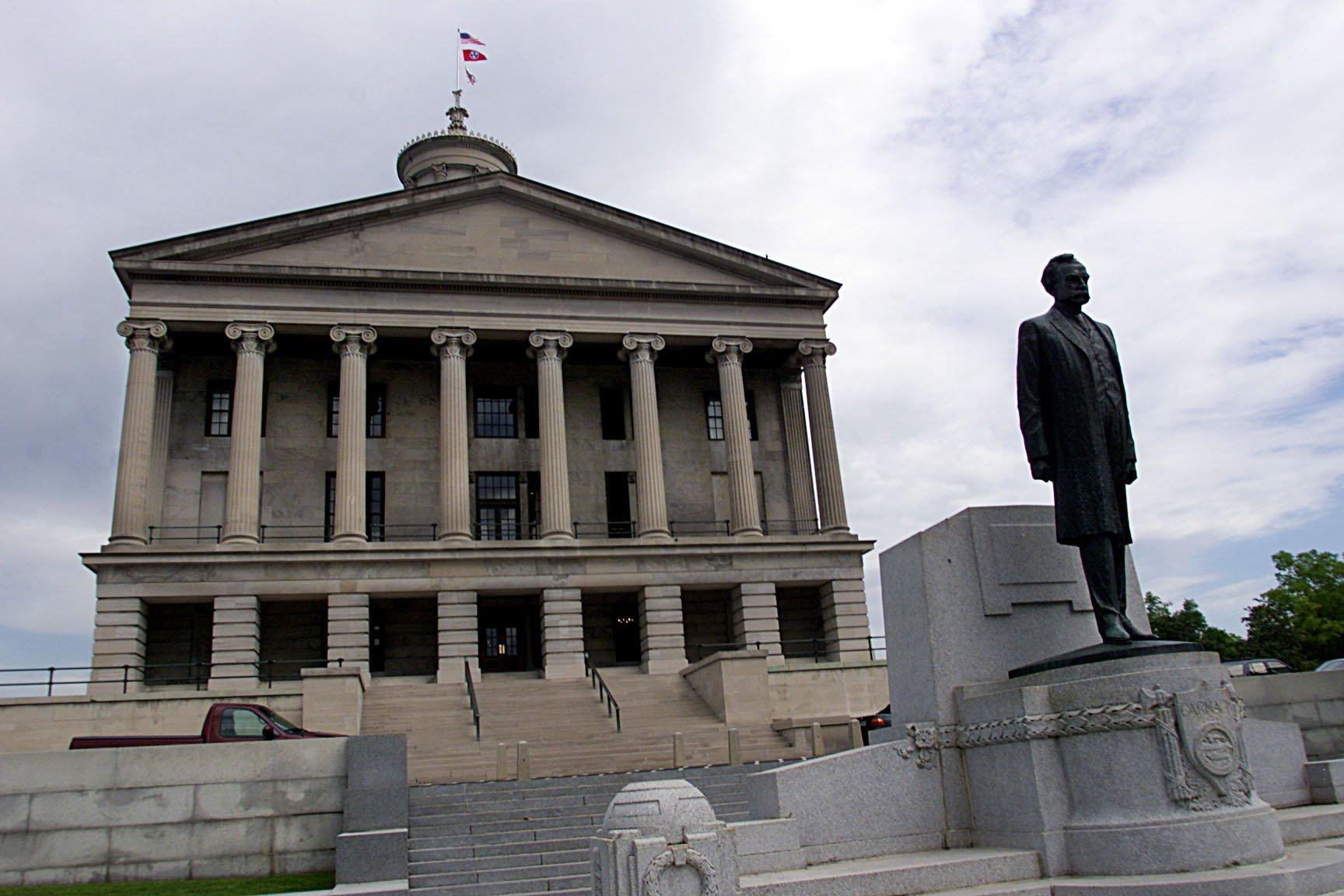Tennessee General Assembly tackles sewer bill solution
Monday, March 31, 2014
NASHVILLE - After two local legislators began moving a "sledgehammer" of a bill in the General Assembly as an attention-getter, officials say Tennessee American Water Co. now is working closely with Hamilton County officials on resolving issues over local sewer fee billing.
The measure would require the for-profit water utility that serves Chattanooga and nearby areas to resume sewer billing for the city and the Hamilton County Water & Wastewater Treatment Authority.
Tennessee American had included sewer bills with its monthly water bills for years, but it dropped the practice at the start of 2013 after giving the two publicly owned wastewater utilities 18 months' notice.
Since then, a contract with a California company to bill sewer customers has led to tanking revenues and exploding consumer complaints for both local wastewater utilities.
When Tennessee American did the billing, it would cut off both water and sewer service for nonpayment. But WWTA officials say they now face delays, among other issues.
Sen. Todd Gardenhire, R-Chattanooga, and Rep. Mike Carter, R-Ooltewah, introduced the bill.
"All we wanted to do is fix the problem, and the best way we know at this point is to pick up a sledgehammer and hold it up high in the air and see where it falls," Gardenhire said in an interview Thursday after delaying final consideration of the bill on the Senate floor.
He said by introducing the bill, he and Carter are encouraging "both sides to sit down at the negotiating table and work this out."
Both lawmakers said Tennessee American and the WWTA have met. So far, Chattanooga has not joined the discussions, according to Tennessee American and WWTA officials.
"They [Tennessee American] have gone in very cooperatively to meet with the WWTA to try to work this out and try to come to some accommodation to get the [collections] back up," Carter said.
"I think they're making a good-faith effort. I'm not saying they have to go back" into the collection business, he said.
The bill would require Tennessee American to restart sewer billing July 1, 2015. During a recent hearing on the bill, Carter said the lengthy window was designed to spur cooperation.
Efforts to contact Chattanooga Mayor Andy Berke's spokeswoman, Lacie Stone, by email Friday were unsuccessful.
Chris Clem, the WWTA's attorney, said the local situation is rare: Chattanooga and Hamilton County's water service is controlled by a for-profit business, while the wastewater is handled by publicly owned entities.
In 93 of Tennessee's 95 counties, water and wastewater functions are publicly owned, he said.
"We don't have valves to shut off" the flow of water to customers who don't pay their sewer bills, he said. And Tennessee American "really doesn't have any incentive to [do that] to a customer who's paying them," Clem added.
Chattanooga sewer fees have risen steadily in recent years as the city raises money to pay for a massive EPA-ordered overhaul of its stormwater system.
And since the California company, ENCO Utility Services, took over billing, residents have complained about bills that came only a few days before they were due and extra fees for payments made online and by phone.
Sewer fee collections at one point fell from a high of 97 percent under Tennessee American to 40 to 50 percent under the new setup, Clem said, and the WWTA has had to hire private collection attorneys.
It's all costing WWTA "several million" dollars, Clem said, and the utility has tallied some $700,000 in bad debt.
Tennessee American's president, testifying against the bill in a House subcommittee this month, said the city and county can blame themselves for the problems.
Deron Allen said the company, owned by publicly traded American Water, gave local officials 18 months to make the billing transition and offered to help. He said Tennessee American provided a list of companies with experience on water/sewer collections.
"Nobody else is using ENCO," Allen said.
And when the handover happened Jan. 1, 2013, WWTA "didn't send us a shutoff notice for 10 months," Allen said. That's why bad debt soared.
Clem said overall collections now are at 88 percent, although some areas fall well below that.
He said WWTA has had some problems getting timely information from Tennessee American, including water usage, which is crucial in assessing sewer use, and identifying customer information such as driver's licenses and Social Security numbers.
Cutting off customers for nonpayment "works seamlessly" in the 93 Tennessee counties with combined water and sewer services, he said.
In contrast, WWTA has to turn over a request to Tennessee American, "and let's just say that doesn't work real smoothly," Clem said.
WWTA would prefer to just go back to joint billing, he said. But if that isn't going to happen, the agency wants better data and prompter action on turning off sewer lines.
Clem credited Tennessee American with a willingness to work through the smaller issues but added, "They've kind of indicated ... 'we will do everything we can except for joint billing.'"
Despite being a Republican and generally pro-business, Carter said he had no problem with a bill affecting the for-profit company in this case.
He said the collection issue ultimately drives up local sewer rates, and Tennessee American is a state-regulated utility that gets government-approved rates of return for its shareholders.
"Nobody's more free enterprise than me," Carter said. "But when I move [as a company] into a government-granted monopoly ... I am no longer free enterprise."
Contact staff writer Andy Sher at asher@timesfree press.com or 615-255-0550.

